Vegetarians Have Higher Risk of Hip Fractures
When it comes to degenerative disease and your risk of death, the usual suspects – cancer, heart disease and diabetes – get the most press and elicit the greatest fear. And for good reason, as these chronic conditions have become an epidemic and if allowed to progress, they can become a death sentence.
However, there is a less-prominent condition that can be just as deadly – osteoporosis.
It might not seem that “brittle bones” should be cause for just as much concern – and efforts toward prevention – as cancer, heart disease and diabetes. After all, a broken bone itself is rarely a life-threatening condition.
However, it is the downstream effects which cause the greatest hardship and significantly increase risk of mortality. These effects can include loss of mobility, decreased social engagement, greater dependence and worsening depression and quality of life.
And the studies show that this has a direct impact on mortality…
A European study, published in the Journal of Internal Medicine, showed that one-third of adults over 50 die within 12 months following a hip fracture. Numerous other studies demonstrate up to eight times higher risk of death following a hip fracture. And the risk is significantly increased for up to 10 years after the injury.
These results should be alarming to the “plant-based” crowd…
In another recent article, I shared the results from the BMC Medicine study that meat eaters enjoy stronger bones and much lower overall fracture risks than vegetarians or vegans. In fact, this 2020 study found that vegans have DOUBLE the risk of fractures that meat eaters do.
Professor Janet Cade, leader of the Nutritional Epidemiology Group in the School of Food Science and Nutrition at Leeds, says:
“Hip fracture is a global health issue with high economic costs that causes loss of independence, reduces quality of life, and increases risk of other health issues.”
Maintaining bone density as we age is critical. And while the vegetarian propaganda is in full swing, touting “healthier” alternatives such as meatless “burgers” at every turn, the research on how this diet impacts our health tells a much different story.
Low-Nutrient Diets: A Recipe for Degeneration & Disease
Keeping your bones strong and healthy as you age requires ample amounts of calcium, vitamin D, vitamin B-12. And while these nutrients are found abundantly in an omnivorous diet, they are sorely lacking in diets that exclude nutrient-dense, animal foods.
Of these, vitamin B-12 is especially important, as it is available exclusively from animal products. B-12 is closely associated with bone density, in a dose-dependent manner.
This is very concerning, considering the globalist agenda to reduce consumption of animal products in an alleged effort to tackle “climate change”. And it appears to be working, as a 2021 YouGov survey found the popularity of vegetarian diets is increasing, now comprising up to 7% of the UK population.
Vegetarian Women Have 33% Higher Risk of Hip Fracture
A newly-released study, conducted at the University of Leeds in the UK, sought to investigate the risk of hip fractures among meat-eaters and non meat-eaters.
Among 26,318 women, 822 hip fracture cases were observed over the course of roughly 20 years. After the researchers adjusted for factors such as smoking and age, vegetarians were the only diet group with an elevated risk of hip fracture!
Dr. Janet Cade, the co-author of the study says:
“… it is concerning that vegetarian diets often have lower intakes of nutrients that are linked with bone and muscle health. These types of nutrients generally are more abundant in meat and other animal products than in plants, such as protein, calcium, and other micronutrients.”
A Nutrient-Dense Omnivorous Diet for Bone Health
The often-quoted Thomas Carlyle, a leading philosopher of the Victorian era, once said that:
“Popular opinion is the greatest lie in the world.”
While the vegan and vegetarian agendas seem to be very popular – especially when amplified by the media – you would be wise to heed Carlyle’s words. Do not fall for the propaganda and succumb to fad diets that specifically exclude the critical elements we need to prevent disease and degeneration.
Enjoy an ancestral diet, containing the full spectrum of disease-fighting nutrients from grass-fed beef and bison, pasture-raised poultry, pork and eggs, organ meats, and wild seafood!
Here are a few delicious, nutrient supercharged meal ideas to get started:
- Grass-Fed Ribeye Steak with Sauteed Collard Greens
- Deviled Eggs with Salmon Roe
- Grilled Oysters with Garlic & Butter
- Seared Scallops with Brussels Sprouts & Bacon
- Grass-Fed Beef Liver & Onions
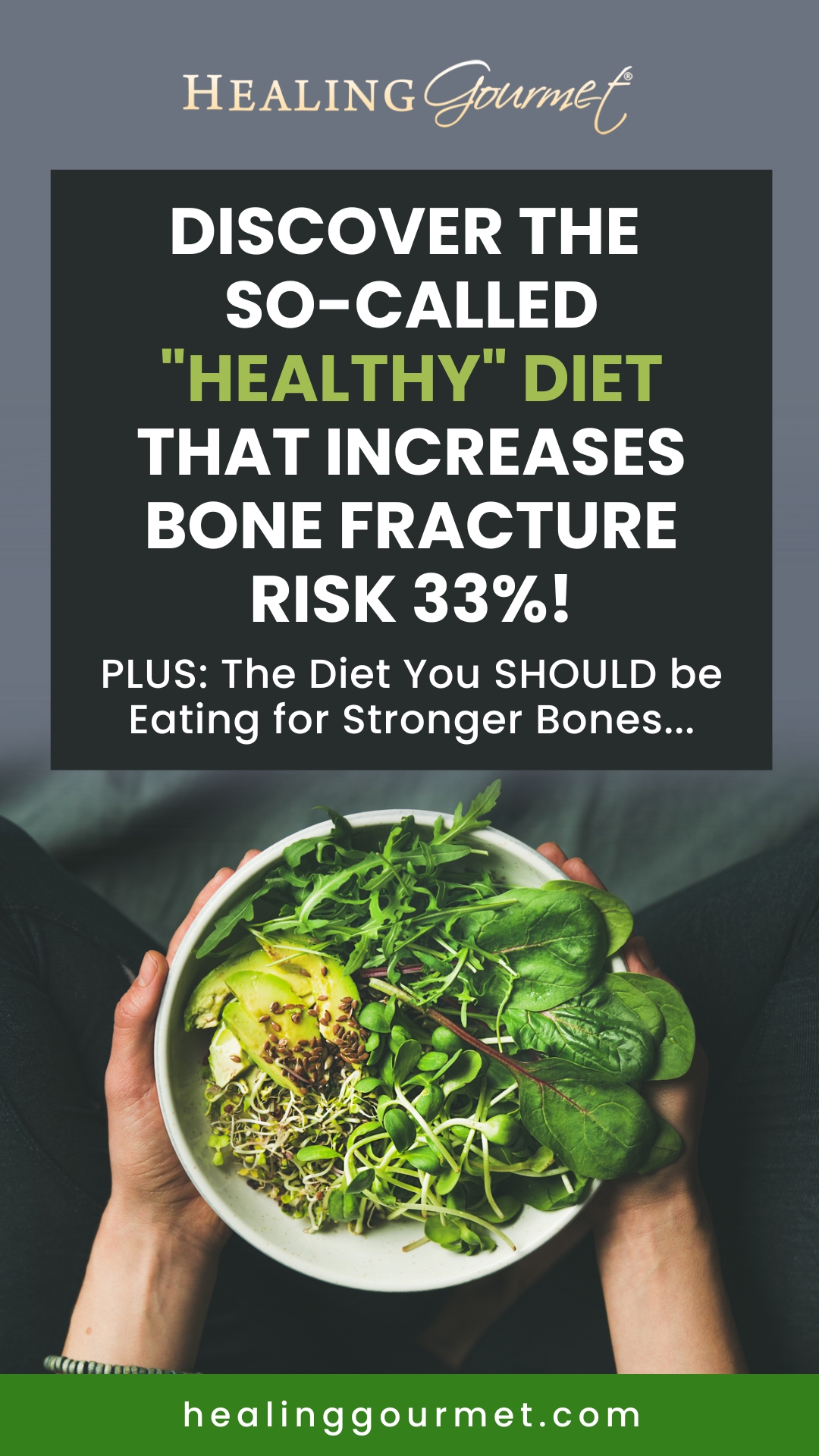
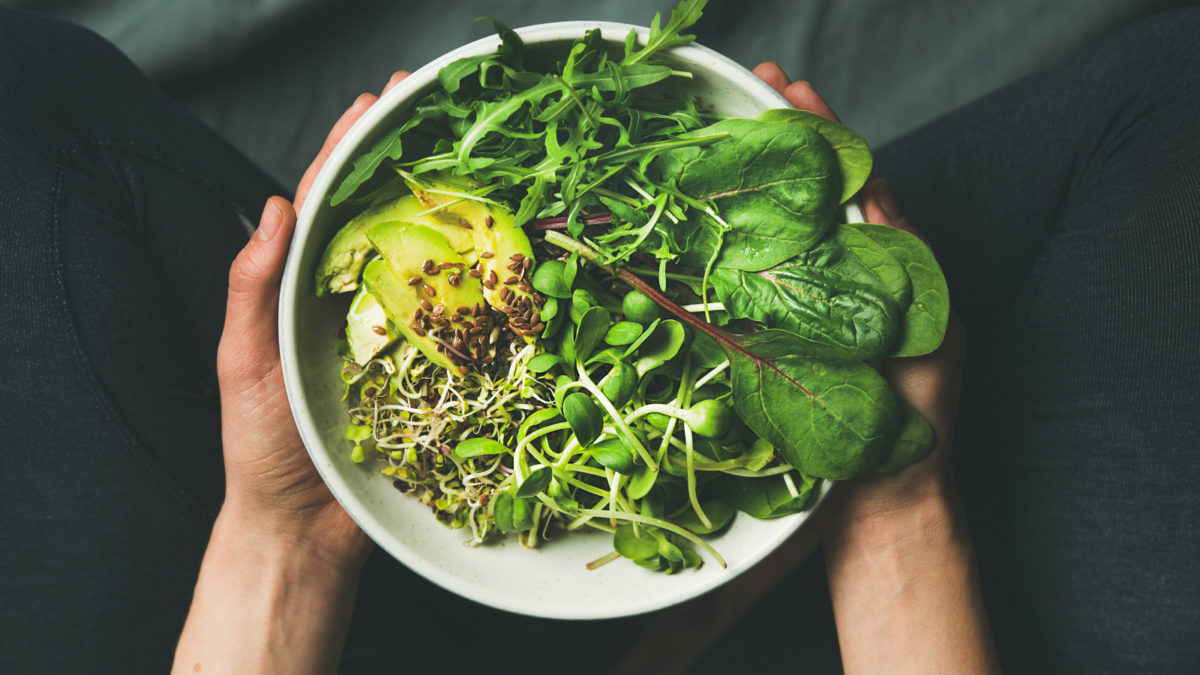
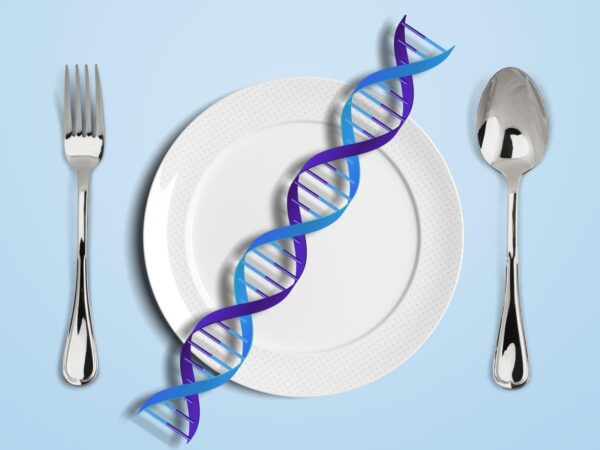
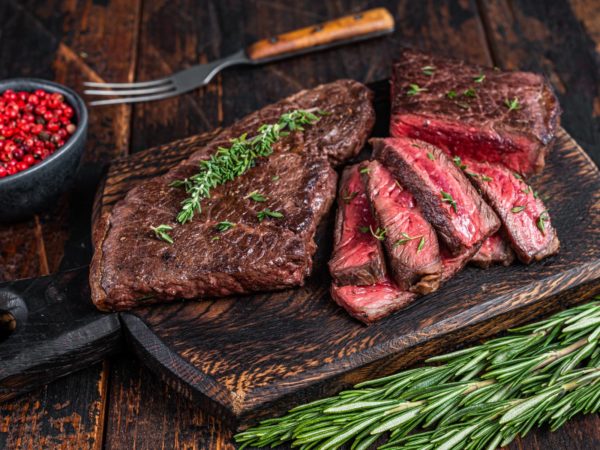
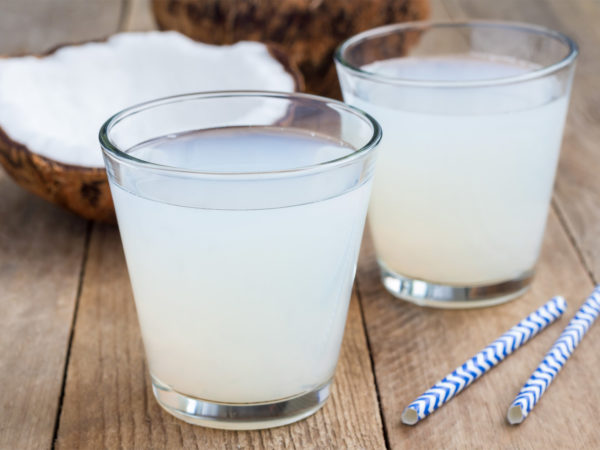
Leave a Reply